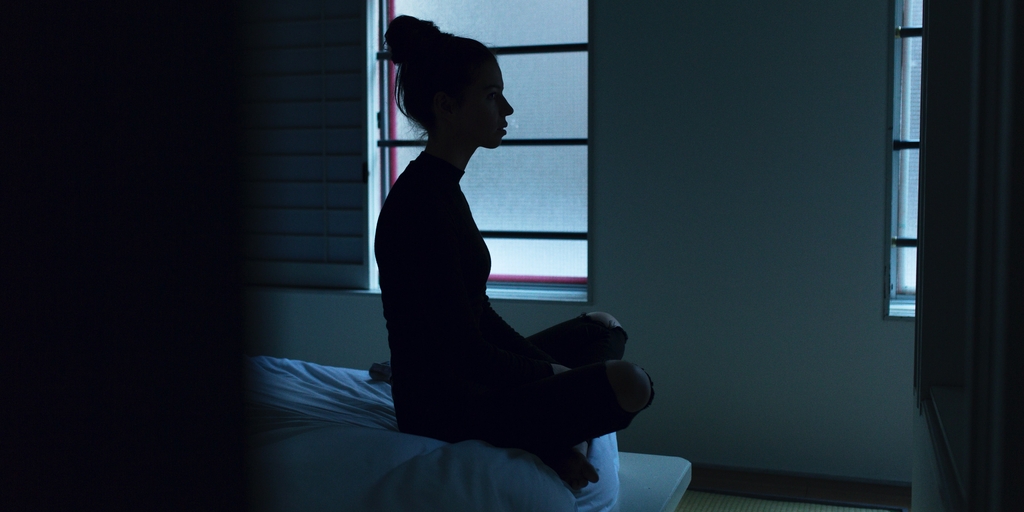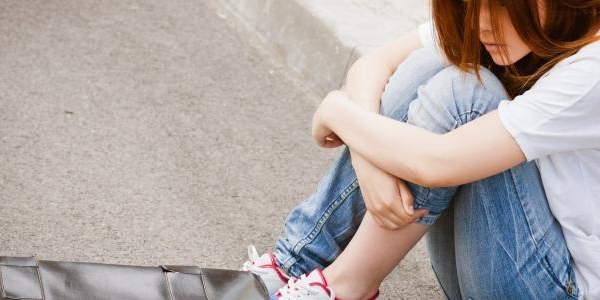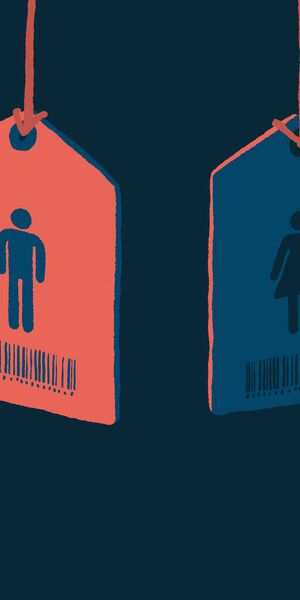UK system ’finds victims of modern day slavery, only to abandon them’ says NGO
Human Trafficking
A new report from the Human Trafficking Foundation has followed up with 30 women who were receiving support from a trafficking support service, the Poppy Project when it had to close suddenly in October 2015 due to the insolvency of its parent charity.
The report author concludes that the sudden closure of the Poppy Project mirrors the experience faced by victims when they come to the end of the government funded reflection and recovery period and have just 14 days to move on from the safe house where they are being supported.
From interviews with these 30 women the Human Trafficking Foundation identified three key needs expressed by the survivors, and which reflect the needs of all victims on leaving a safe house. These key needs are:
- suitable accommodation
- on going specialist support and advocacy; and
- stabilised immigration status.
The report identifies that victims of trafficking are not given priority access to housing by either local authorities or the National Asylum Support Service, unlike victims of torture or other violence. Many of the women interviewed had received unsuitable accommodation – for example a mother and several children living together in one room, or regularly moved from one temporary placement to another.
As well as difficulty getting suitable accommodation, many victims have problems getting access to other forms of mainstream and specialist support. This often leaves them destitute and at significant risk of being exploited and trafficked again.
For many, these difficulties in accessing support come about as a result of having an uncertain immigration status. Although a person may be officially identified as a victim of trafficking, they do not automatically have a right to stay in the UK beyond the 45 day reflection and recovery period. The processes for a victim to receive a residence permit or to be recognised as an EU citizen with a right of residency can be complex and may require documentation that victim is simply unable to produce. The report recommends instead that all identified victims should be granted a one year residence permit automatically, giving them adequate time to recover from their experience as they consider how and where they wish to rebuild their lives.
The tales of the poor levels of support available to these women – even those formally recognised by the government as victims of trafficking leads the report to conclude that unless steps are taken to improve access to support, accommodation and a right to remain in the UK, then “we are simply rescuing victims, only to effectively return them into the hands of a trafficker, after briefly giving them a glimmer of hope.”
The lack of provision for victims on leaving the reflection and recovery period was highlighted last week in the Council of Europe GRETA report and is something CARE is extremely concerned about. We hope the Home Secretary and the Prime Minister will take these concerns seriously and move to improve access to long term support urgently.





Share story
UK system ’finds victims of modern day slavery, only to abandon them’ says NGO